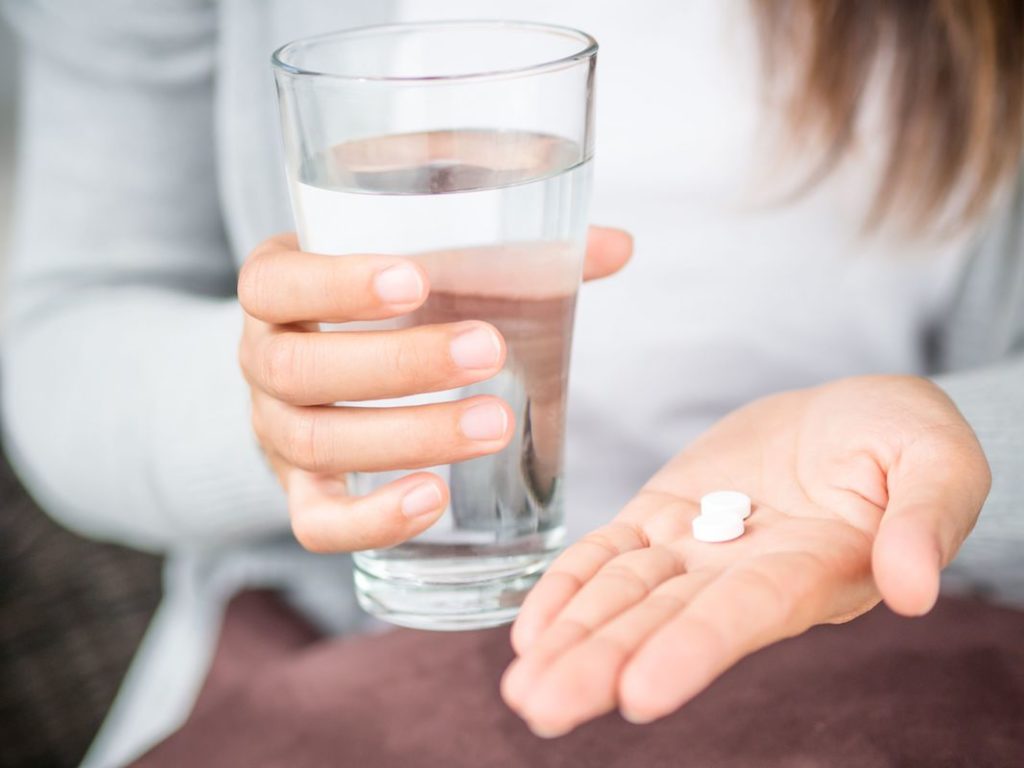Should You Take Statins For Your Gut Health?
You may remember my previous blog article that urged you to question what you read everywhere when it comes to probiotics.
At the time, a handful of people had asked me about some mainstream media reports that disputed the benefits of probiotics, so we addressed them directly, honestly and scientifically. If the need arises, we will do it again…
During a recent review of studies, I discovered another report that might lead a few of you down the wrong path, this time about statins, a common and very effective class of drugs that lowers your cholesterol levels.
Obesity and gut imbalances
As you know, obesity is a risk factor that can elevate your cholesterol levels and harm the healthy diversity of bacteria in your gut.
A recent study that tracked the gut health of nearly 900 obese patients in France, Germany and Denmark discovered those who had been treated with a statin drug, not only had lower their cholesterol levels but healthier gut bacteria profiles compared to people not taking those drugs.
What made the difference: A specific configuration of unhealthy gut bacteria (Bact2) in obese patients tied to gut inflammation and diseases like multiple sclerosis and inflammatory bowel disease that may be linked to inflammation too.
In fact, obese patients taking a statin drug had much lower levels of that unhealthy gut bacteria than those who didn’t use a statin drug and closer to levels observed in healthy, non-obese patients.
Take a statin drug for its real purpose
On the surface, those results sound encouraging, but here’s some things you need to consider.
For one, your chances of being obese, taking statins and having this specific kind of gut bacteria is very low, which brings little clarity to whether statins really help.
Plus, we warned you some time ago that some statins may work — or not — depending on your gut bacteria.
Fact is, statins are very safe and effective drugs for what they do: Lessening heart disease by reducing LDL (low-density) cholesterol, the fat-like, waxy substances that build up in the arteries.
Multiple studies have found statin drugs really are life-saving medications with very clear benefits.
However, a statin drug isn’t designed for the heavy-duty work that a probiotic like EndoMune Advanced Probiotic, formulated with 10 strains and 30 BILLION CFUs of beneficial bacteria and a proven prebiotic (FOS) that feeds the good guys in your gut, can do.
If you want to get healthy, give your body a gentle and natural weight-loss boost and begin to reduce your need for a statin drug, consider EndoMune Metabolic Rescue, a probiotic/prebiotic blend that stimulates the release of hormones that can create a greater sense of fullness and reduce your appetite.
Resources
Should You Take Statins For Your Gut Health? Read More »



